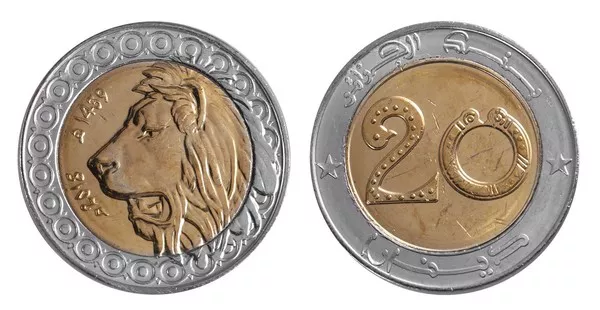Planning a trip to Algeria involves careful consideration of various factors, and one crucial aspect is determining the most suitable currency to bring along. Algeria, situated in North Africa, is a country with a unique economic landscape, and understanding the local currency dynamics can significantly enhance your travel experience. In this article, we will explore the best currency options for travelers to Algeria, taking into account practicality, exchange rates, and accessibility.
The Algerian Dinar (DZD)
The official currency of Algeria is the Algerian Dinar (DZD). While it is the local currency and widely accepted throughout the country, there are certain considerations for travelers. The Dinar is a closed currency, meaning it is not readily available for exchange outside of Algeria. Consequently, it might be challenging to obtain Dinar before arriving in the country.
To acquire Algerian Dinars, travelers typically rely on local banks and exchange services upon arrival. While this may be convenient, it’s essential to be mindful of exchange rates and potential fees associated with currency conversion. Additionally, exchanging money at airports or hotels may result in less favorable rates compared to banks or dedicated currency exchange offices in urban areas.
Euro (EUR) and US Dollar (USD)
For many international travelers, especially those from Europe or the United States, the Euro (EUR) and the US Dollar (USD) are widely accepted and easily exchangeable in Algeria. Many hotels, restaurants, and shops in urban areas, particularly in major cities like Algiers, may accept these foreign currencies.
When using Euros or US Dollars, it’s important to carry small denominations for day-to-day transactions. Large bills may be challenging to break, especially in more rural areas where access to banking services may be limited.
Prepaid Travel Cards
An alternative to carrying physical cash is to use prepaid travel cards, which can be loaded with various currencies, including the Euro or US Dollar. These cards offer the convenience of plastic payments while allowing travelers to lock in exchange rates before their journey. This can be advantageous in volatile currency markets.
However, it’s crucial to check the acceptance of prepaid cards in Algeria, as some establishments may not support card payments. Furthermore, be aware of potential ATM withdrawal fees and currency conversion charges associated with these cards.
Algerian Banking Services
Algeria has a well-established banking sector, and using local banking services can be a convenient way to manage finances during your stay. International credit and debit cards are generally accepted in urban areas, providing easy access to cash through ATMs.
Before traveling, inform your bank of your plans to avoid any potential issues with card transactions. Additionally, inquire about any foreign transaction fees that may apply to avoid surprises on your bank statement.
Exchange Rates and Economic Considerations
When deciding on the best currency to take to Algeria, it’s crucial to monitor exchange rates and economic conditions. Currency values can fluctuate, impacting the purchasing power of your money. Keeping an eye on economic indicators and consulting with financial experts can help you make informed decisions regarding currency choices for your trip.
Conclusion
Choosing the best currency for your journey to Algeria requires a careful analysis of various factors, including convenience, exchange rates, and acceptance in the local market. While the Algerian Dinar is the official currency and widely used, having a combination of local currency and widely accepted foreign currencies, such as the Euro or US Dollar, can enhance your flexibility during your travels.
Ultimately, a diversified approach that includes a mix of local currency, foreign cash, and convenient payment methods like prepaid travel cards can provide a balanced and practical solution for managing your finances while exploring the diverse and culturally rich landscapes of Algeria.


